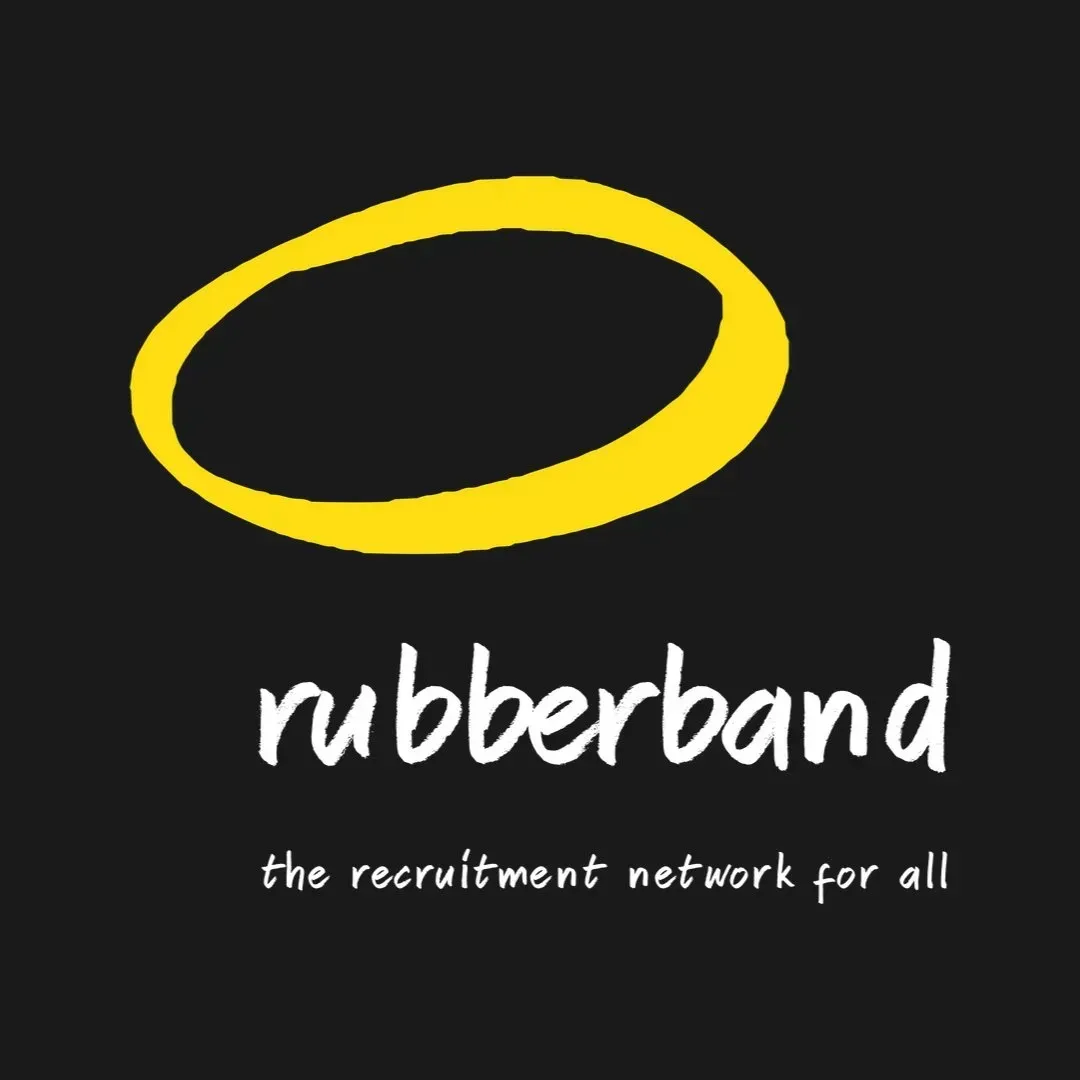How to Measure the Success of Your Recruitment CRM
Measuring the Success of Your Recruitment CRM
A Recruitment CRM (Customer Relationship Management) is an essential tool for any HR department or Recruitment agency looking to streamline its recruitment process. With the right CRM, HR teams can automate repetitive tasks, communicate effectively with candidates, and make data-driven decisions. However, with so many options available, it can take time to determine which CRM is right for your organisation. In this article, we will explore the critical metrics for measuring the success of your recruitment CRM, so you can make an informed decision about which platform is right for you.

What is a Recruitment CRM?
A Recruitment CRM is a software solution that helps HR departments manage their recruitment process from start to finish. It provides a central repository for candidate information, enabling HR teams to easily track the progress of each candidate throughout the recruitment process. With a Recruitment CRM, HR teams can automate repetitive tasks, such as sending candidates follow-up emails and making data-driven decisions based on candidate information.
Why is Measuring the Success of Your Recruitment CRM Important?
Measuring the success of your Recruitment CRM is essential because it allows you to determine whether the platform is meeting your needs and providing a return on investment. With measuring success, it can be easier to determine whether a Recruitment CRM is helping you to achieve your recruitment goals or if you would be better off investing in another solution.
There are several key metrics that you can use to measure the success of your Recruitment CRM. Some of the most important metrics include the following:

Time to Hire
The time to hire is the amount of time it takes from when a candidate is identified as a potential hire to when they are offered a job. Measuring the time to hire is essential because it allows you to determine the efficiency of your recruitment process. A shorter time to employ means that your recruitment process is more efficient, and you can fill open positions faster.
Candidate Experience
The candidate experience is an essential metric for measuring the success of your Recruitment CRM because it provides insight into how candidates perceive your organisation. Candidates with a positive experience are more likely to recommend your organisation to others. In contrast, candidates with negative experiences may spread negative word-of-mouth about your organisation.
Conversion Rate
The conversion rate is the percentage of candidates hired after applying for a job. Measuring the conversion rate is crucial because it allows you to determine the effectiveness of your recruitment process. A high conversion rate means that your recruitment process is effective, while a low conversion rate indicates that there may be room for improvement.
Cost Per Hire
The cost per hire is the amount of money spent to fill a single open position. Measuring the cost per hire is essential because it allows you to determine the cost-effectiveness of your recruitment process. A lower cost per hire means your recruitment process is more cost-effective, while a higher price per hire indicates that there may be room for improvement.
Remember, cost per hire needs to include the cost of your recruiter's time.
Conclusion
In conclusion, measuring the success of your Recruitment CRM is essential for determining whether the platform is meeting your needs and providing a return on investment. By using key metrics such as time to hire, candidate experience, conversion rate, and cost per hire, you can decide which Recruitment CRM is right for your organisation.
Recruit Wizard specialises in
technology
for recruiters.
Our suite of tools is designed to support recruiters in building a solution that are specifically tailored to them. The list of features in Recruit Wizard has been developed with input from recruiters, making our product ideally suited to the recruitment industry.













